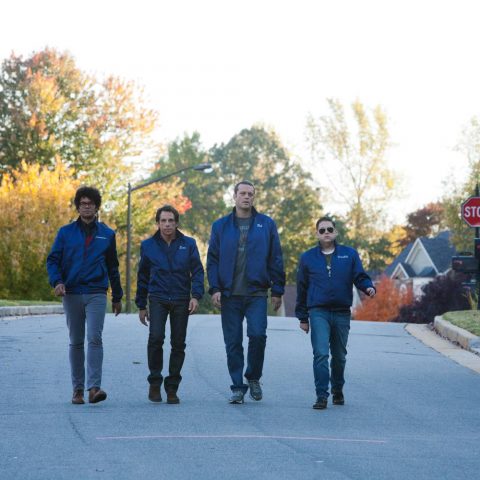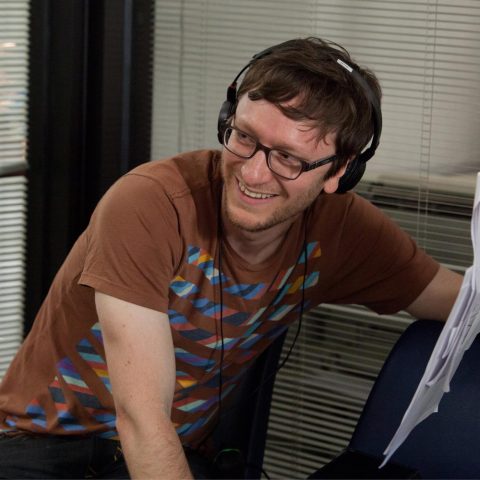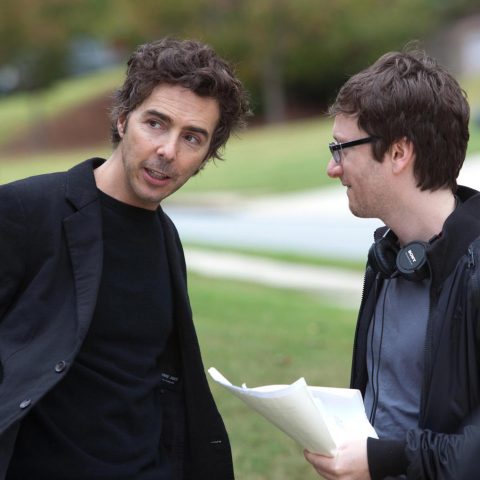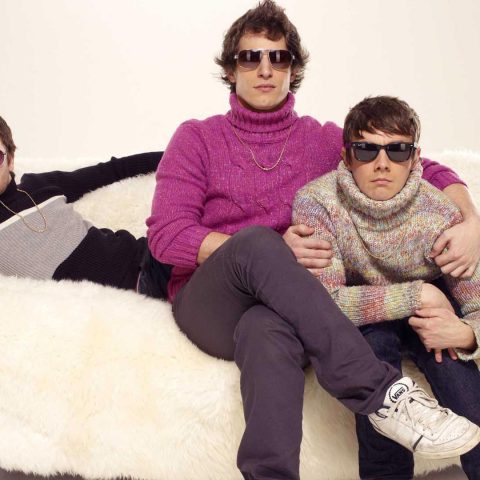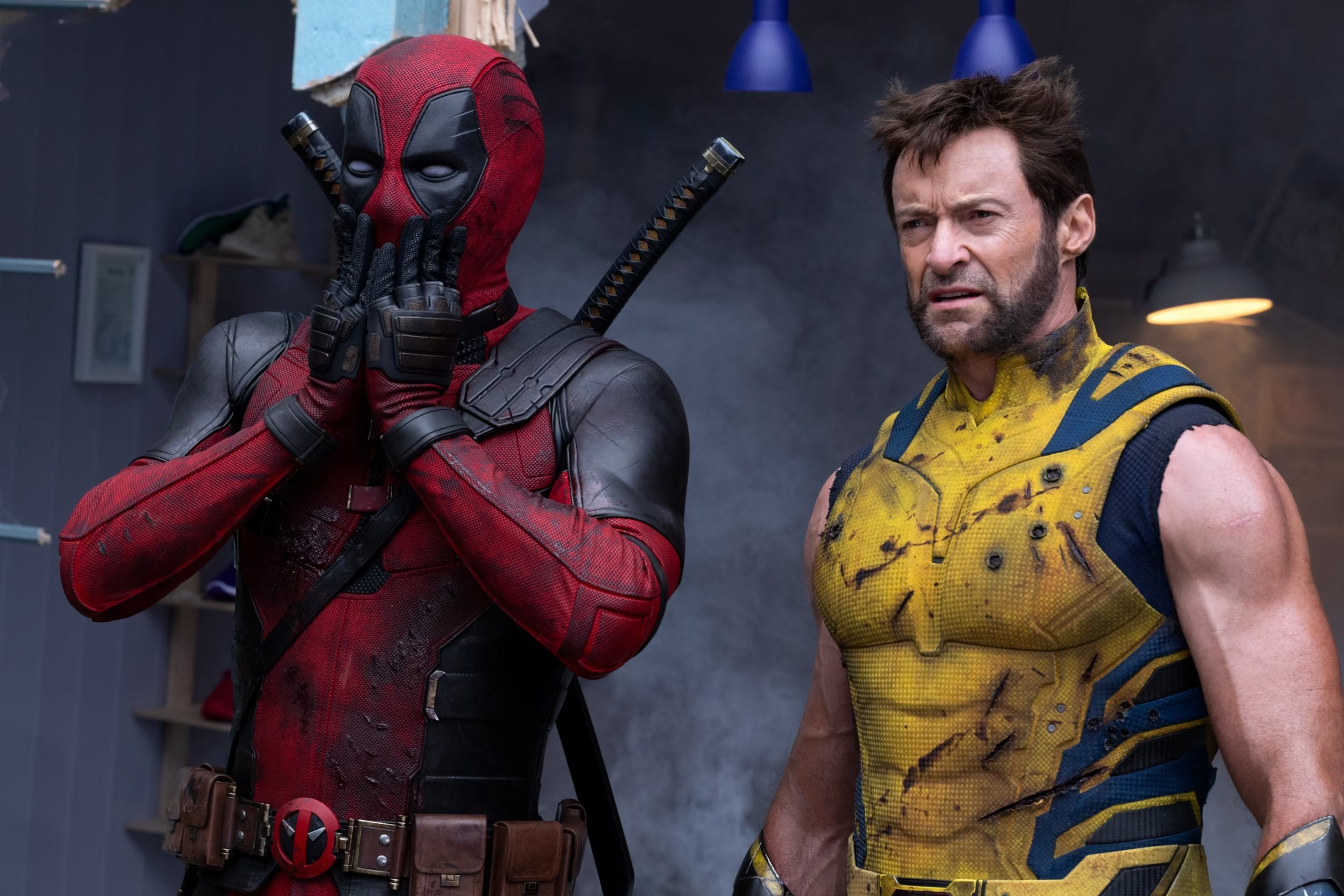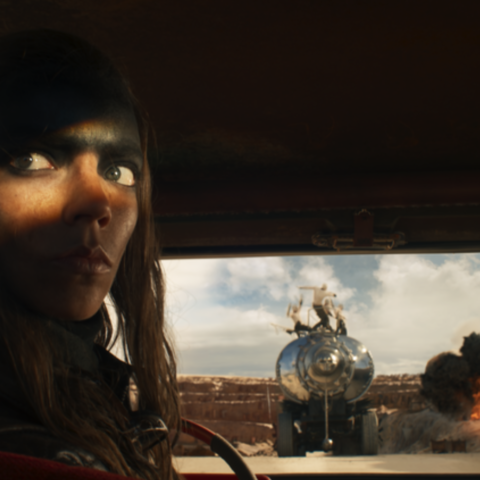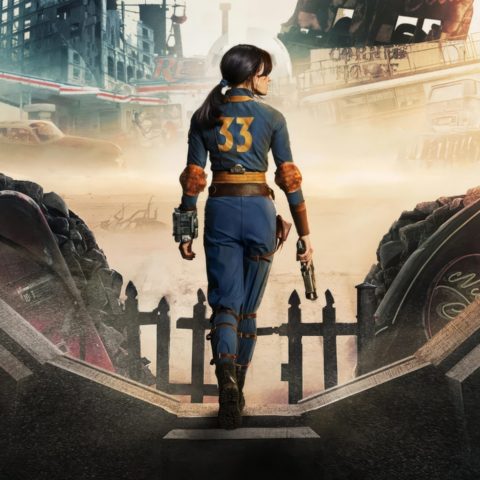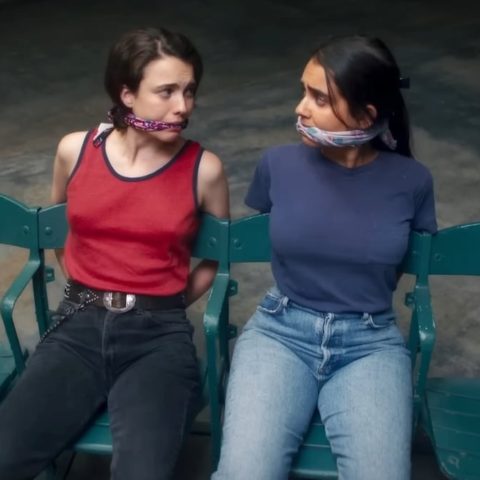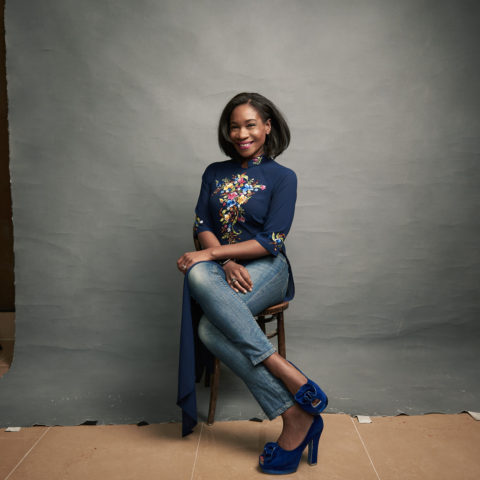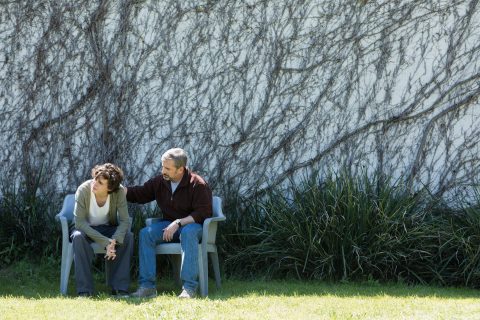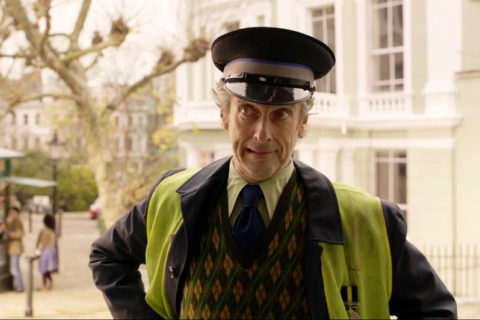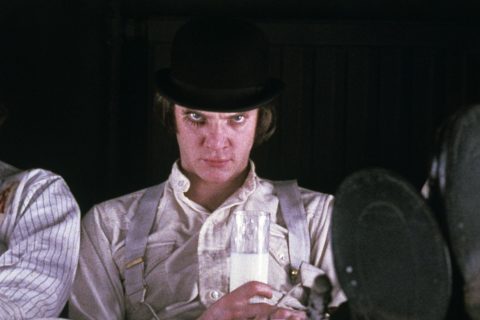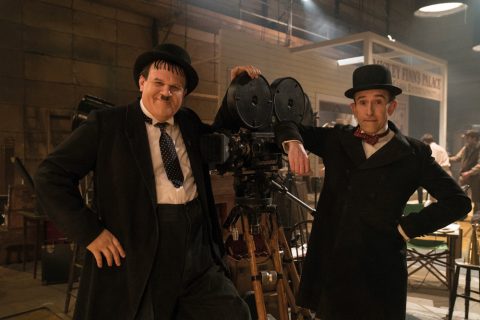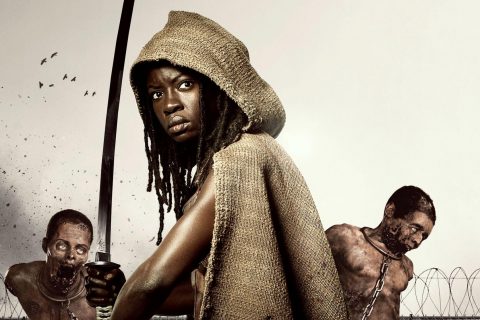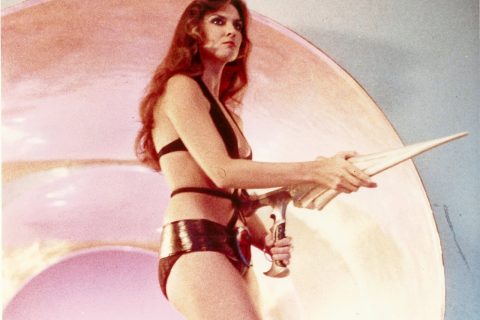
Akiva Schaffer: Out Of This World
One third of the lonely island, Akiva Schaffer, has graduated from Saturday Night Live to directing the star-heavy comedy The Watch
“My mom told me, ‘no tv’. She put her hand on the back to see if it was warm, and it was, so she pulled the cord out of the wall, opened the second-floor window, and threw it out the window. It was pretty hard-core.”
For someone who was deprived access to the gogglebox as a youth it’s extraordinary that 34-year-old Akiva Schaffer has been at the cutting edge of TV comedy gold for the past seven years. In 2005 he – along with his high school mates Andy Samberg and Jorma Taccone – were hired by Saturday Night Live and it was their breakout sketch Lazy Sunday (about Samberg in a Beastie Boys-esque vid going to see The Chronicles of Narnia) that put them on the map.
“We never really knew it was working until Lazy Sunday,“ says Schaffer who hails from Berkeley, California. “Then all of a sudden, we were on a real show on real TV. That was the first time we were ever actual contributors to the world in any way.”
As one third of The Lonely Island (“we started calling our apartment the Lonely Island when we were out, as in: “Want to go back to the Lonely Island?”) Akiva has directed over a hundred Digital Shorts for SNL among them Dick in a Box and Jizz in my Pants (featuring Justin Timberlake), Akon’s I Just Had Sex and Rhianna’s Ronnie & Clyde. The popularity and reason you will have probably seen the likes of Jack Sparrow (featuring Michael Bolton) is Schaffer and crew’s understanding of the power of YouTube and that success wasn’t just limited to appearing on TV – Schaffer’s mum would have been pleased with that – but also that we live in a world where forwarding funny links to your mates is a way of easing the daily grind. The viral success of Lazy Sunday on YouTube back in 2006 has been mooted as one of the reasons the site took off in such a big way having been viewed more than 6 million times. SNL also gave Schaffer a chance to experiment with different film techniques and working out what made people laugh and what had them reaching for the remote.
“What it taught me was, only put in bad words if they can get a laugh, there was no need for swear words and beeps in places that weren’t necessary,” says Schaffer. “Those beeps should only be in there when they mean something and it’s important to the joke.”
This month he takes his second stab at directing a full length movie (his first was cult hit Hot Rod starring Samberg as a rubbish Evel Knievel style stuntman) with The Watch about a suburban Ohio neighbourhood watch group (Ben Stiller, Vince Vaughn, Jonah Hill and Richard Ayaode) who have to deal with an alien invasion in their sleepy town.
There were a number of other directors attached to The Watch – including David Dobkin and Peter Segal – how did you come to do it?
I was working at Saturday Night Live and when you’re there you walk in and out of everyone’s offices and you see who’s reading what as they have scripts lying around. I saw some of the cast members reading an early incarnation of the movie. But the first time I read it properly was in May 2011, I was wrapping up the SNL season and it was the morning we were going to shoot the short Threeway with Timberlake and Lady Gaga and I was talking to our LA people and I was like, ‘I think I’m ready to read some scripts, even if it’s not available, I just want to remember what it’s like to read good scripts’. I was sent it but it wasn’t available, it was like, ‘Hey, here’s something funny that’s out there right now’. Then a week later they told me it was available. So I spoke to Shawn Levy the producer, and Ben Stiller was already attached so I chatted to him and then I had the job.
With Stiller, Vaughn, Hill and Ayoade was this your dream comedy cast?
There were moments when I didn’t think I would get any of them. But it was a case of, ‘Well, who do we want?’ and we managed to get them all. I think that has a lot to do with the quality of Seth Rogen and Evan Goldberg’s script. Vince and Ben had worked together before and I think they thought it would be cool to do some together again. Jonah, like myself, had grown up watching those guys and was like, ‘Oh my god if I could tell my teen self I was going to be in a movie with those two guys I wouldn’t believe it’. And then we wanted a wildcard. I was a fan of Richard’s from Garth Marenghi’s Darkplace. I had never met him and hadn’t even seen The IT Crowd but quickly watched that, I didn’t even know if he would be interested. We had a few phone calls and I gave him some lines and he recorded himself doing them so I could pitch it up the chain at Fox. When it was time to have our table read, we had Ben, Vince, Jonah and then a lot of actors doing roles not really sure if it would be them, I flew out Richard for that and we got the green light. He’s such a wild card for the American audience but he really held his own with the three more well known guys.
How hard was it to balance the comedy with the alien invasion stuff?
If I was going to describe it to someone who didn’t know anything about it I would say it’s about a guy who thinks he lives in the best suburb ever and someone at work gets murdered mysteriously and it sends him into a spiral as he just can’t believe that would happen in his town. So he forms a neighbourhood watch to solve this crime, then they discover it’s actually aliens. It’s more about these guys taking the law into their own hands. That’s what I liked about it. I love alien movies, but the best ones are about the people and how they relate to each other and the aliens are just there.
Did you have a definite idea of what the aliens should look like?
I don’t like it when I see a shot and I can just tell is CGI, it takes me right out of the movie. So I started off with practical and then used CG to enhance it. I worked with Legacy, who made the suits for Iron Man and worked on the original Alien films, and they designed an alien for us. They made a suit specifically for Doug Jones (Abe Sapien in Hellboy), who’s one of the world’s greatest character actors, and then we have some old school animatronics on the face. A lot of times when something is a genre comedy, it doesn’t take that genre very seriously, but I wanted to approach this with respect to the sci-fi genre. I wanted to direct this like a sci-fi film so I tried to use the same camera tracking techniques and used a scary looking alien rather than a joke alien.
Were there any particular sci-fi films that inspired you?
I watched a bunch of them. It’s not like I watched the original Alien and went, ‘We should do it exactly like that’ as this is an American suburb. But I watched Close Encounters, E.T., the Alien movies and The Thing and took some cool style points from them. I tried to use score and angles to create a vibe but once you have the guys talking and joking I had to settle back into a more standard style.
Even though it’s R rated in the US were you concerned about making it too rude?
It’s subjective of course; saying one dirty word is too much for some people whereas others just can’t get enough. I tried not to abuse the R rating. I wanted to only have a swear word if it was a moment when it would make it funnier or make it more real. If you see an alien rip a guy’s heart out you might go, ‘Oh fuck!’ as that’s what people would say in that situation. I just didn’t want people to swear for the sake of it.
Was there a lot of ad-libbing?
We would do two to four takes on script to make sure we have it and then we’d do “free ones”. That allowed them to do anything they wanted. With any joke, after you have recorded it twice you might as well have them say a different version of it or do an entirely new joke.
When they were off ad-libbing was it hard to rein them in?
For one scene the script was only five lines long and it was a short throwaway scene but it ended up being three minutes long with the five lines just at the end. The rest of it was never scripted and they just made it up on set. My favourite scenes in the movie are any time when the four actors were on camera at the same time, particularly when they are driving around in the car as I could put a camera on the bonnet of the car and anything that happens is fully captured. It takes the pressure off everyone so they can talk over each other and do anything they want.
Did you feel under pressure because Stiller and Ayaode are both directors themselves?
To be honest it made life easier as you could just speak in shorthand and be like, ‘You know what you have to do here’. Even though they are directors when they’re on camera they’re actors and still need the same things any actor would as they can’t see the monitor. They both gave good suggestions and Vince Vaughn is a producer and Jonah Hill produced and helped write 21 Jump Street so if a scene wasn’t working they would all collaborate to make it better. There were a lot of smart comedy people in the room.
Is there one person you have learnt a lot off?
On this movie I would say Shawn Levy. There was a lot going on and I don’t think it could have been made without him. He’s a director in his own right of course but such a good producer and could help me navigate things that I didn’t have experience in. He would give me advice every day.
Your Lonely Island compatriot Jorma Taccone is in the movie as “casual wanker #2”…
Yeah that’s right. I don’t want to ruin the surprise for people who haven’t seen it but that pretty much sums him up in this movie.
You made Hot Rod in 2007, why has it taken this long to direct your next feature?
Me and the guys got Hot Rod so quickly after getting Saturday Night Live. Before SNL we were unemployed, had credit card debt and just trying to make it in Hollywood. Then we got the show and within four months we were in pre-production on Hot Rod. So that was a big turn around from trying to have anyone notice us to being on the show and then making a movie. It was so overwhelming.
You’ve directed more than 100 shorts on SNL, what’s that been like?
I now don’t get as worried. In the beginning each one was the biggest deal in our lives, after you’ve done eighty of them you’re like, ‘I hope people like it but if they don’t it’s not the end of the world’. The first one you do that people don’t like is very upsetting but you soon realise you have to grow up and you’re going to have some winners and losers and that’s the game.
It must have been quite a learning experience?
I got to play with every genre of film. I would come in and go, ‘I don’t know what we’re doing this week but I want to shoot it in black and white’. I remember I had heard there was a new digital camera that shot super slow-mo and I just wanted to use it so I could break things and watch them come apart. So we came up with the song I Threw It On The Ground just so I could use that camera.

